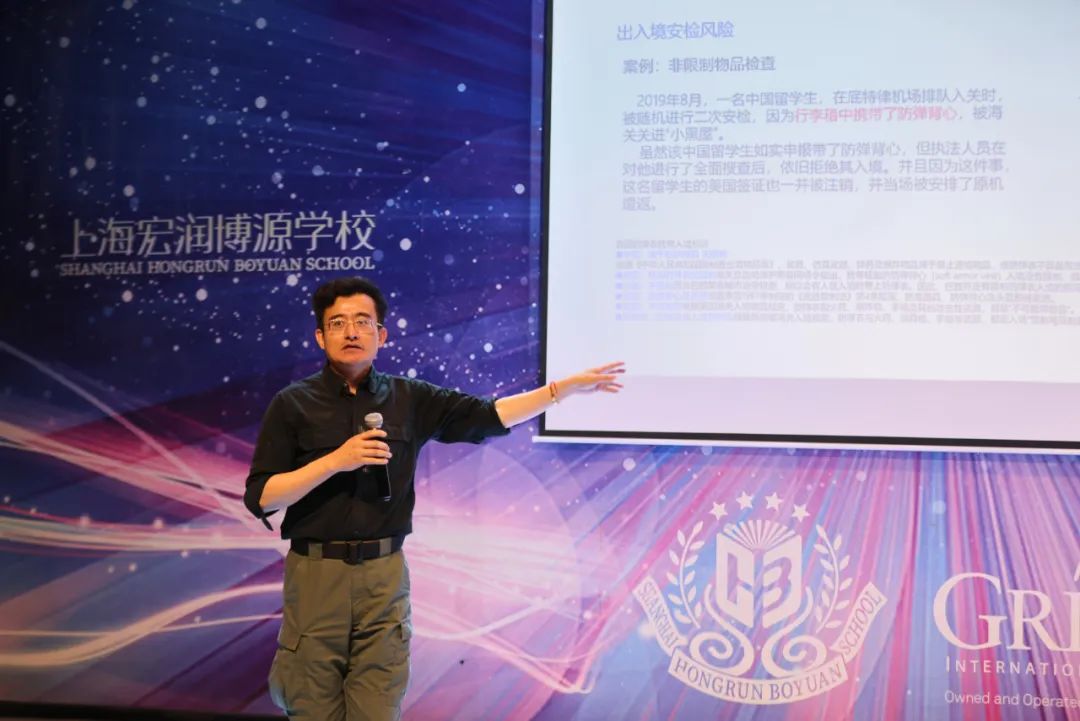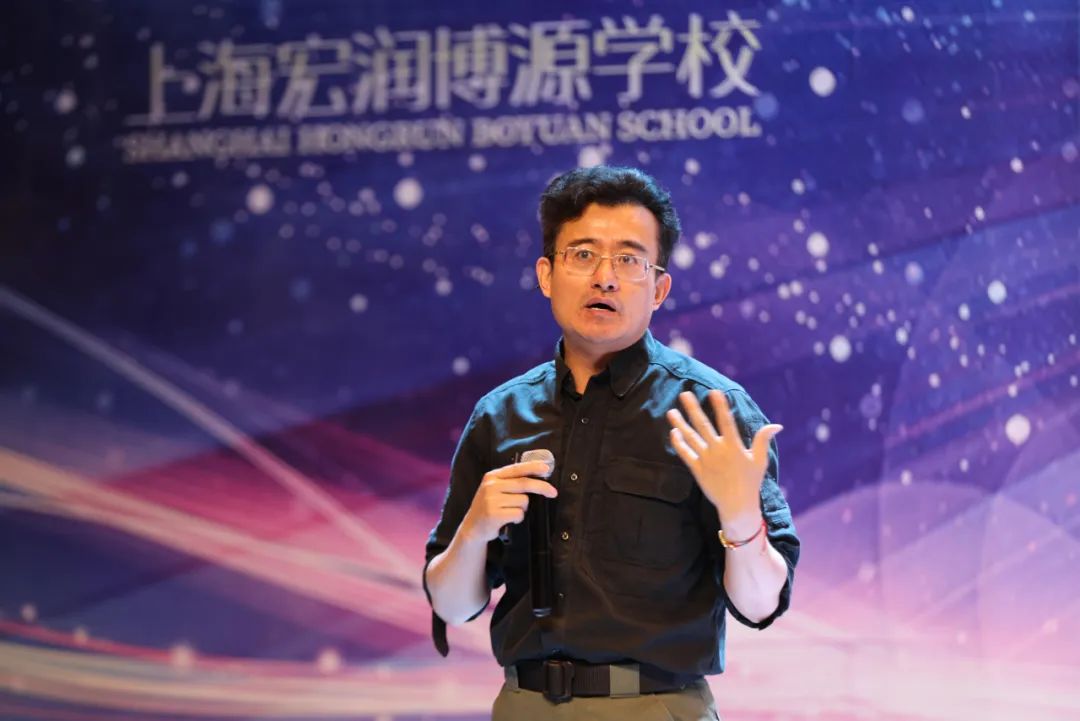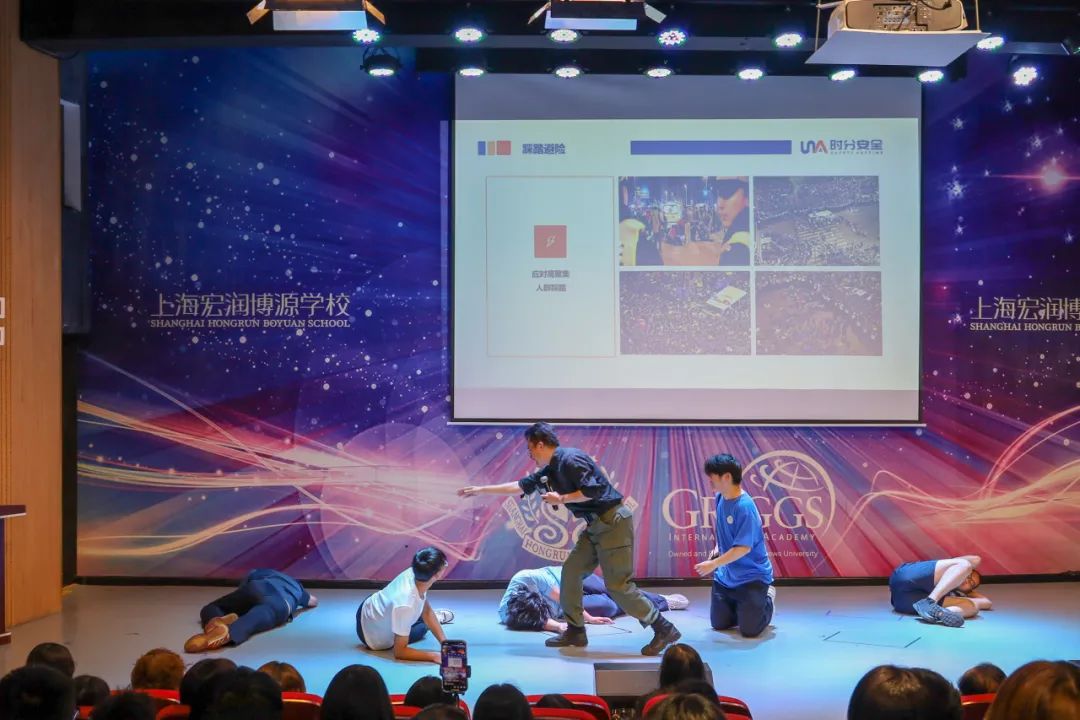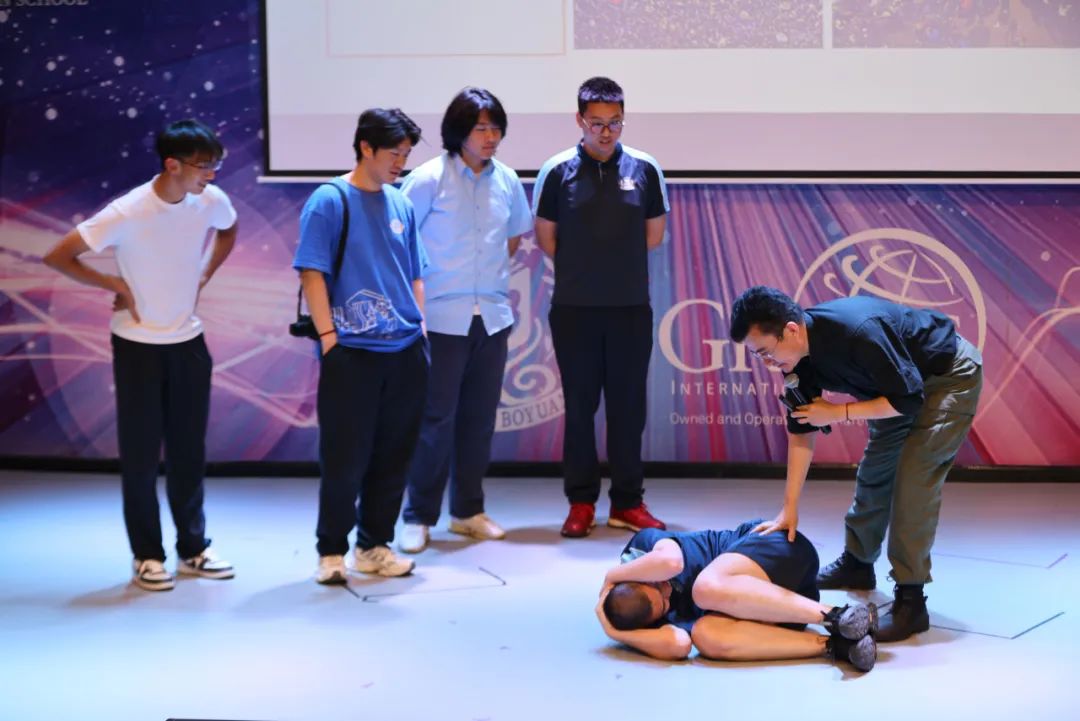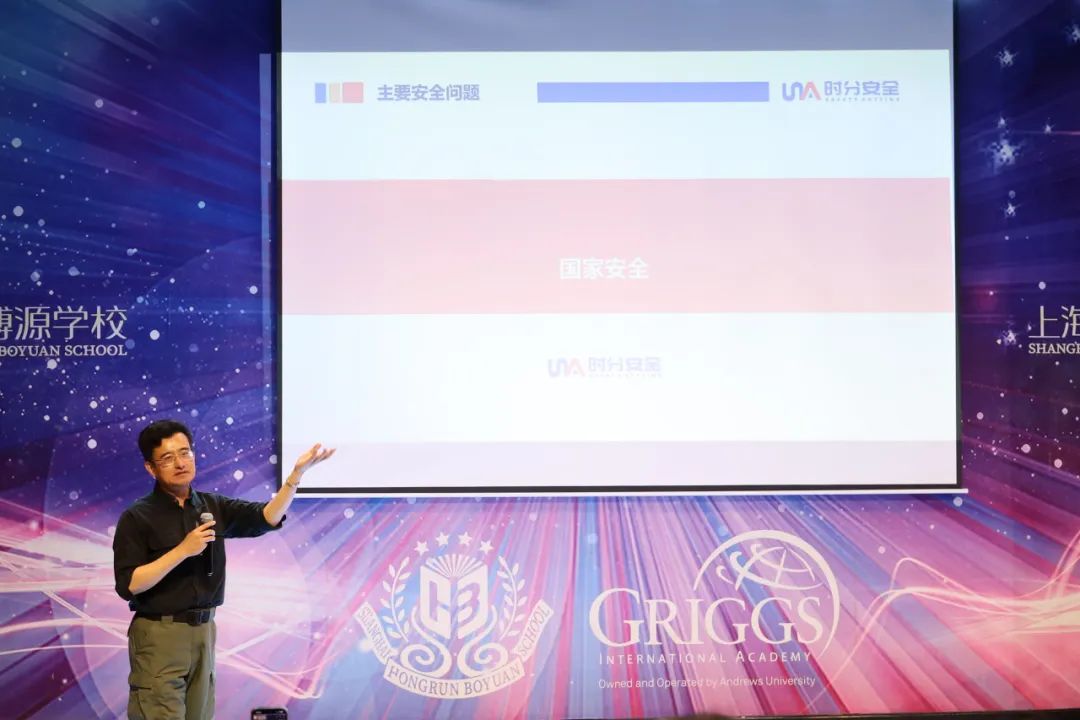-

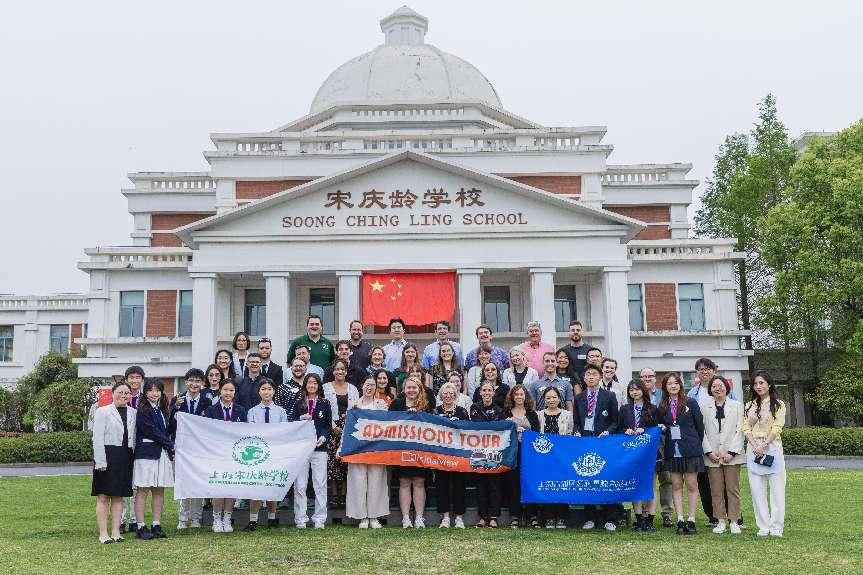 Over 30 Universities, an Exceptional Lineup, and Current Admissions Officers — SHBS and SCLS Join Hands with InitialView for the 2025 Spring University Fair Tour2025-04-18
Over 30 Universities, an Exceptional Lineup, and Current Admissions Officers — SHBS and SCLS Join Hands with InitialView for the 2025 Spring University Fair Tour2025-04-18 -

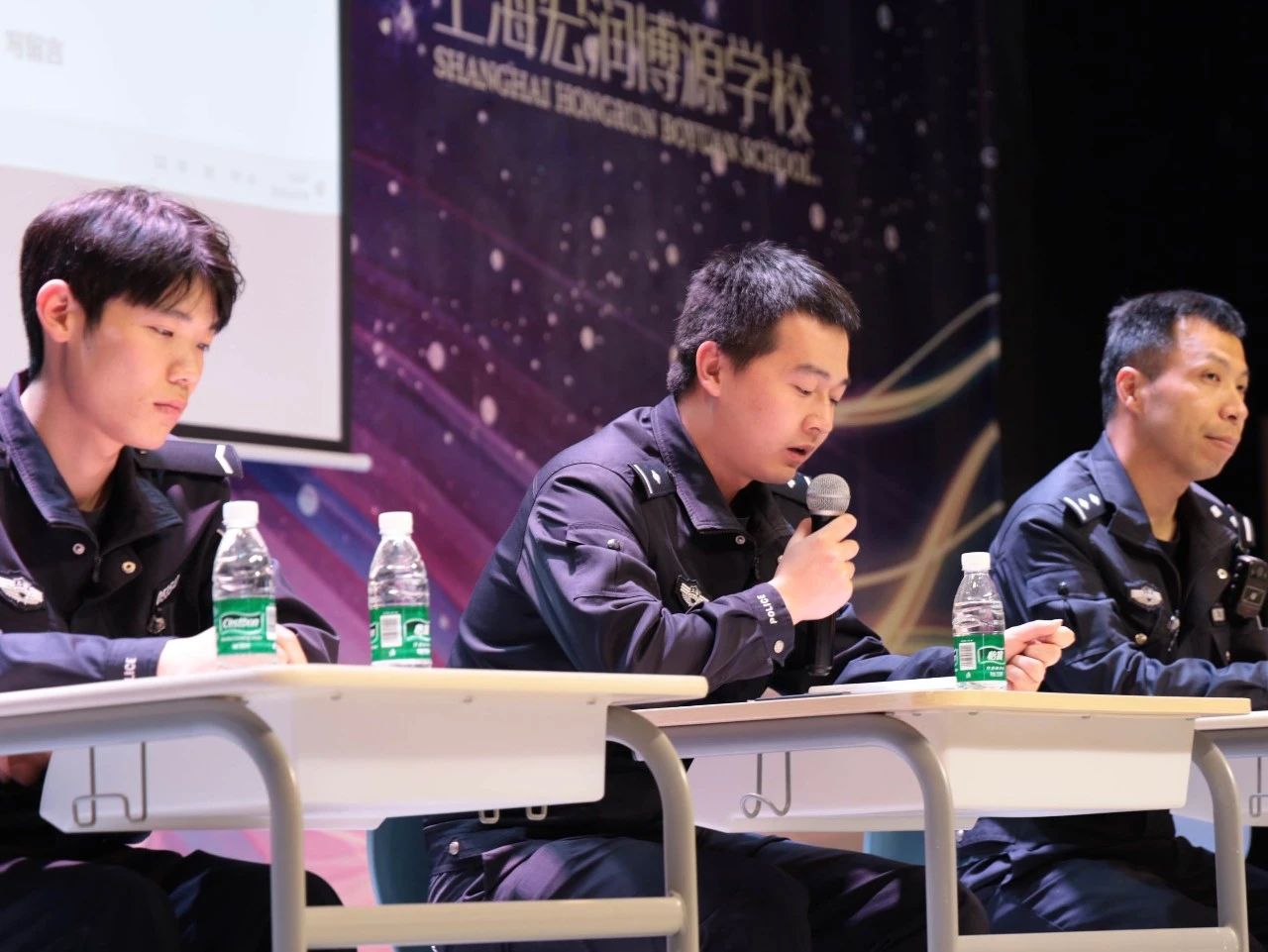 SHBS Event | Prevent Fires Before They Start, Celebrate Youth Through Sports — SHBS Safety Education & Sports Day Warm-Up2025-04-14
SHBS Event | Prevent Fires Before They Start, Celebrate Youth Through Sports — SHBS Safety Education & Sports Day Warm-Up2025-04-14 -

 SHBS Event | English Dubbing Contest — Shaping Characters with Voices, Building a Universe of Sound Together2025-04-07
SHBS Event | English Dubbing Contest — Shaping Characters with Voices, Building a Universe of Sound Together2025-04-07
SHBS Event |"Safe Study Abroad" Lecture
- 2024-05-13
- Views:742
-Safe Study Abroad-


文 | Chris Li(G9)
审核 | Wu Xu
翻译 | Lexie Liu(G11)
排版 | Jang
配图 | Photography Club













